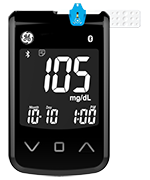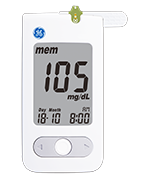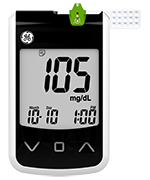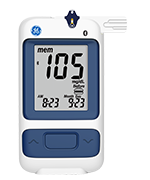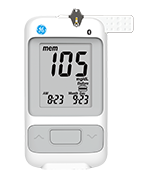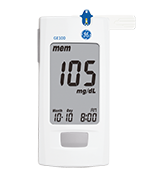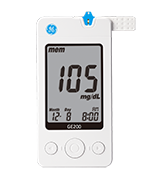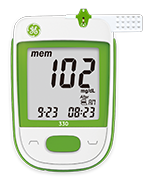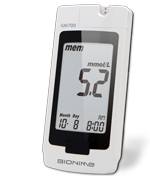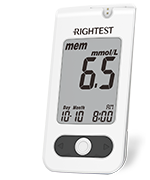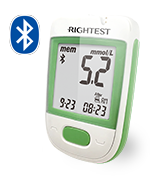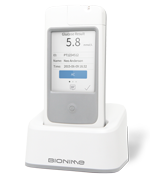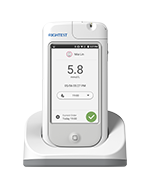Diabetes distress
Diabetes distress is a complex feeling combining with lost, anger, worry and guilt. To improve the disease, it is required a great amount of thinking about matters associated with disorders. Some people with diabetes may spend all day thinking about the disease and thus increase additional psychological burdens. Approximately 50% of the people with diabetes are in distress.
Diabetes distress is different from regular stress or depression as depression requires medical assistance (e.g. medication and counseling). People with diabetes are also suffering from depression. Therefore, they often receive depression screenings at the clinic with a questionnaire survey. However, the screening for diabetes distress in modern medical care system is still very rare.
Similar to depression, diabetes distress can also compromise the disease management of the people with diabetes, sometimes even the results of A1c. Hence, it is important to have good emotional management, to care about self perceptions, and to understand that how these feeling may affect you, so you can maintain proper caring.
Diabetes management is very complicated and requires constant vigilance. In a long term, the mood fluctuation cannot be avoided. However, the network platform of your care team or patient group can provide assistance. The following four key points are to help you resolve such issue:
- Give yourself a break: No one can perfectly mange diabetes.
- Discuss your feelings with your care team: Your healthcare providers can provide diabetes-related knowledge, customize the best diabetic care plan and goals, and refer the people with diabetes to counseling when needed.
- Step by step, one thing at a time, and set an achievable goal: Use the strategy of “SMART” to set your goals; i.e. the goal should be specific, measurable, achievable, realistic and time bound. Once you have reached your goals, do not forget to celebrate what you have achieved.
- Seeking help: Do not face the disease alone. Most people with better diabetes management are receiving support from their family or friends. If the family or friends do not understand the diabetes distress, it may often lead to persistent fault-finding or pick on the people with diabetes. The invitation of the family or friends joining the treatment team is the ultimate solution for discussing the optimal treatment regimen.
- Most of the people may encounter similar issues like people with diabetes feeling overwhelmed or having no idea what to do. Diabetes distress brings negative impacts (including physical and psychological discomfort) on people with diabetes and subsequently compromises their physical health. Don’t forget to request for help from your medical care team and allow them rescuing you from the distress.
Reference: Diabetes Forecast 2018 March/ April


